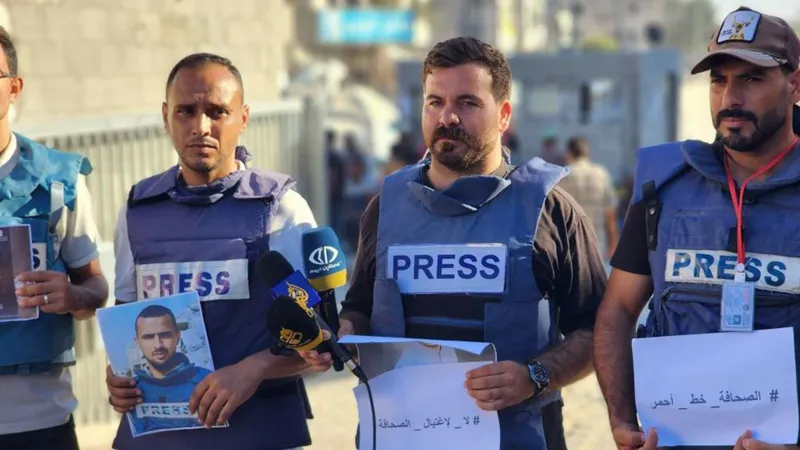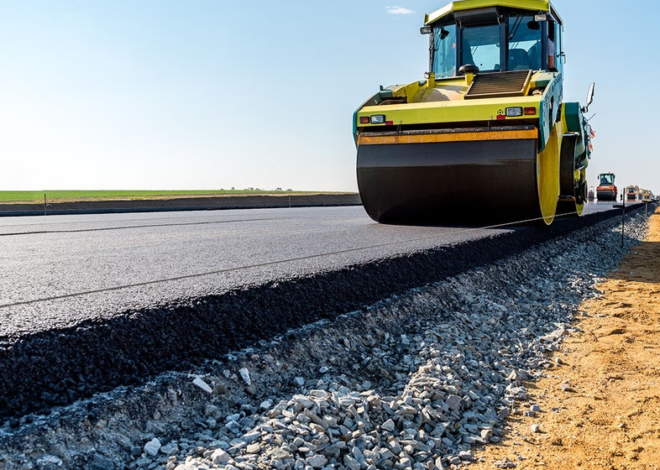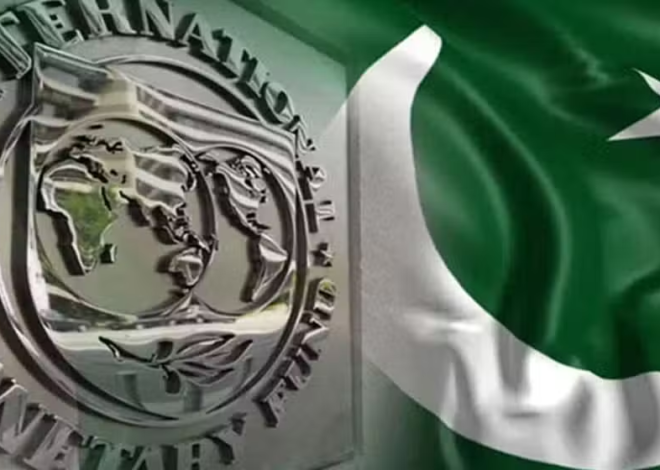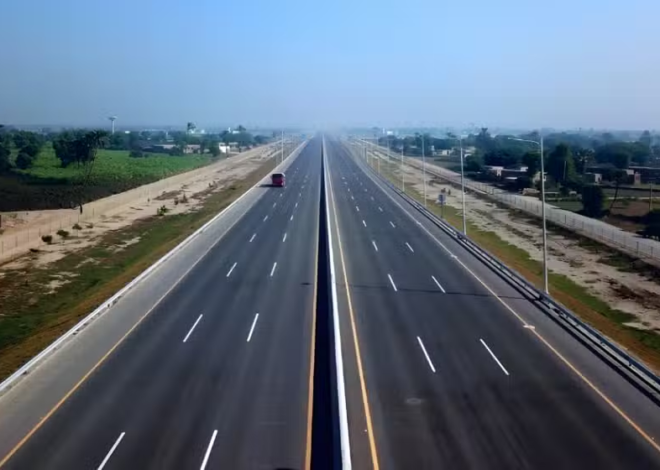
Facebook Engagement with Palestinian Media Drops Amid Israel-Gaza Conflict
The Israel-Gaza conflict has seen Palestinian media and news sites face unprecedented challenges on social media. An investigation by the BBC showed that engagement of Facebook pages from Gaza and the West Bank had dramatically declined since October 2023. The drop came despite the fact that the platforms were the most important in communicating updates from conflict zones where journalists could not gain easy access. The trend raised questions about online censorship and content moderation biases.
Decline in engagement for Palestinian media
Data from 20 leading Palestinian news outlets, such as Palestine TV and Wafa News Agency, revealed a significant 77% decline in Facebook engagement since October 2023. This comes at a time when the Hamas attacks on Israel resulted in the escalation of violence in Gaza. Notably, over 5.8 million followers of Palestine TV revealed a 60% decrease in post visibility. Journalists claim that their content was “shadow-banned,” meaning fewer people could see their updates.

The decline is in stark contrast to a 37% increase in engagement by 20 major Israeli news outlets over the same period. Arabic-language outlets based outside the Palestinian territories also witnessed their engagement double as that of Al-Jazeera and Sky News Arabia. The disparities have led to criticisms where activists and journalists accuse Meta, Facebook’s parent company, of suppressing Palestinian voices.
Meta Denies Suppression Allegations
Meta rejected the claim of intentional bias, which it described as “unequivocally false.” The company acknowledged that in October 2023 it had made “temporary product and policy adjustments” to cope with the volatile online environment. It said its actions were necessary to deal with content related to Hamas, a group the U.S. has designated as a terrorist organization and is banned under Meta’s guidelines. Meta admitted errors in content moderation but said the problem was a lack of Arabic-speaking expertise.
Leaked documents which BBC had accessed revealed how Meta’s other platform Instagram intensified moderation of comments in relation to the Palestinian affairs when the conflict broke. Changes to the algorithm proved that it disproportionately flagged Palestinian content were indeed confirmed by a former employee. Meta reversed them; however, it still unclear when they were reversed.
Palestinian journalists who face risks
The war has also left its mark on journalists who are reporting from Gaza. Since October 2023, 137 Palestinian journalists have been killed, many while reporting on the war. Those who survive face dangers, restricted access to audiences, and frequent content bans. Journalist Omar el Qataa said that graphic footage documenting massacres often fails to spread on social media. Still, he emphasized the need to share Palestinian narratives despite the challenges.
With debate ongoing on content moderation and online censorship, Palestinian journalists and news outlets remain committed to the amplification of their voices. “We must continue sharing Palestinian content,” el Qataa said, “no matter the risks or restrictions.”







